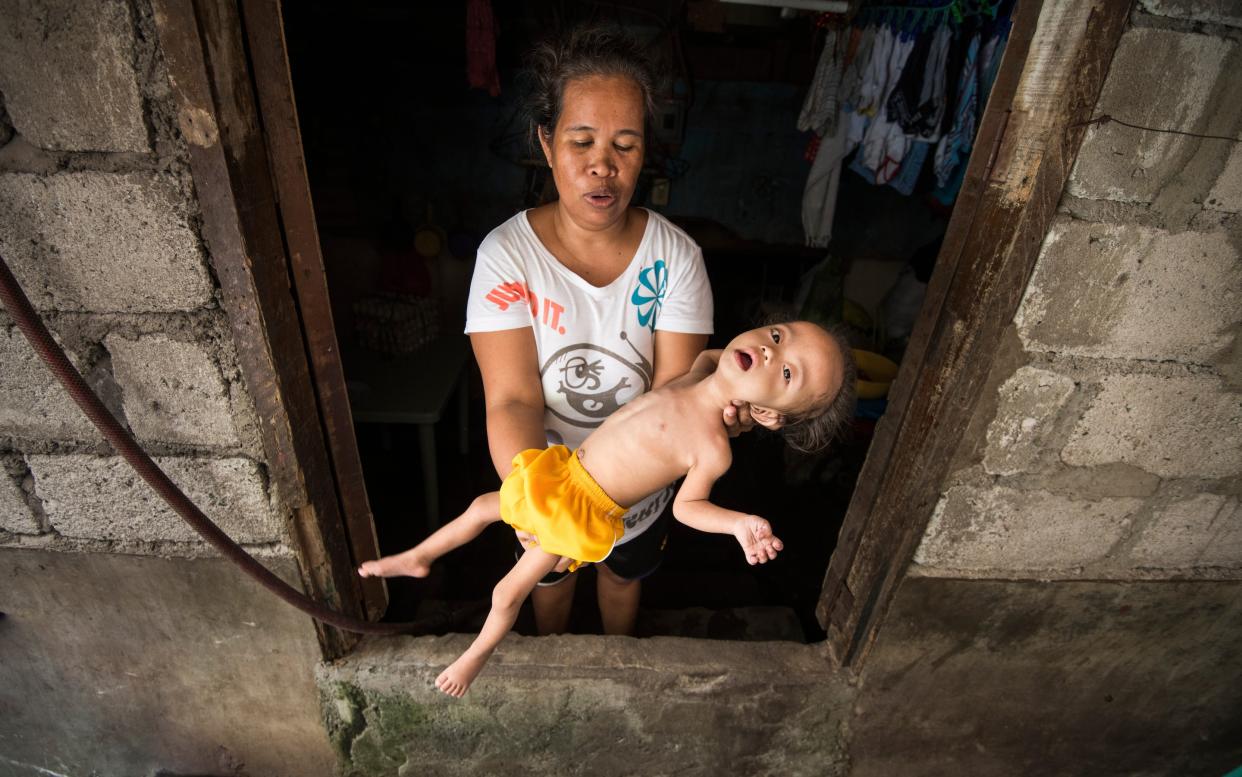Pandemic intensifies malnutrition in Asia as UN warns almost two billion cannot afford healthy diet

Nearly two billion people in Asia cannot afford a healthy diet and the Covid-19 pandemic is making malnutrition worse, the United Nations has warned.
Loss of livelihoods and climbing food prices have put nutritious food beyond the reach of many, worsening the chances of irreversible stunting and brain damage for young children.
A combined report by the UN's food, agriculture, health and children's agencies said that because of higher prices for fruits, vegetables and dairy products, “it has become nearly impossible for poor people in Asia and the Pacific to achieve healthy diets”.
The availability of such food is “critical to ensure food security and nutrition for all – and for mothers and children in particular,” the report said.
As work has dwindled due to lockdowns, and produce supplies have been shaken up by border closures and travel restrictions, the gap between those who can afford decent food and those who cannot has grown.
“A lack of decent work opportunities in many parts of the region, alongside significant uncertainty of food systems and markets, has led to a worsening of inequality, as poorer families with dwindling incomes further alter their diets to choose cheaper, less nutritious foods,” the report said.
The impact of poor food is worst in a child's first 1,000 days of life and ground lost in brain development over that time is irreversible, experts say.
UN Agencies have warned that more than 350 million in the Asia Pacific region were malnourished even before the coronavirus crisis upended markets and drove prices up. Data from the UN's Food and Agriculture Organisation (FAO) estimates food prices rose to their highest level in nearly six years in November.
Many in the region instead end up consuming high-calorie, cheap processed foods that contribute to problems with obesity and diabetes but lack vitamins and minerals.
Across the region, an estimated 74.5 million children under five years of age were too short for their age because of malnutrition (called stunting) and 31.5 million were too thin (called wasting).
Yet at the same time, the numbers of overweight and obese has also increased rapidly, to an estimated 14.5 million under-fives.
“The cost of a healthy diet is significantly higher than that of a diet that provides sufficient calories but lacks in nutritional value, showing significant gaps in the food system to deliver nutritious options to all at an affordable price. These costs are even greater for women and children, given their added nutritional needs,” the report said.
Protect yourself and your family by learning more about Global Health Security

